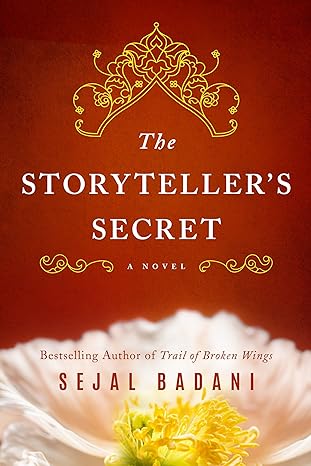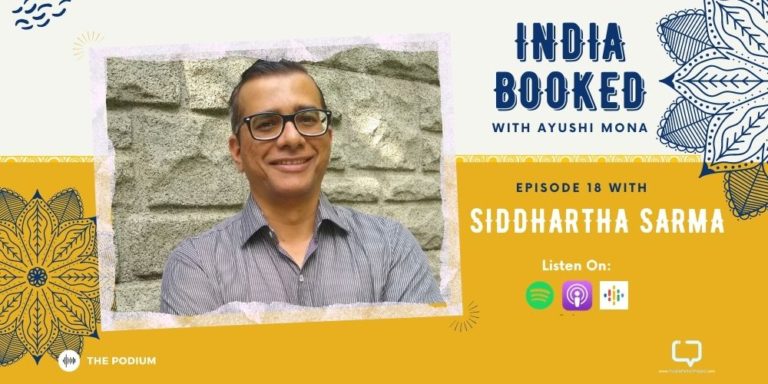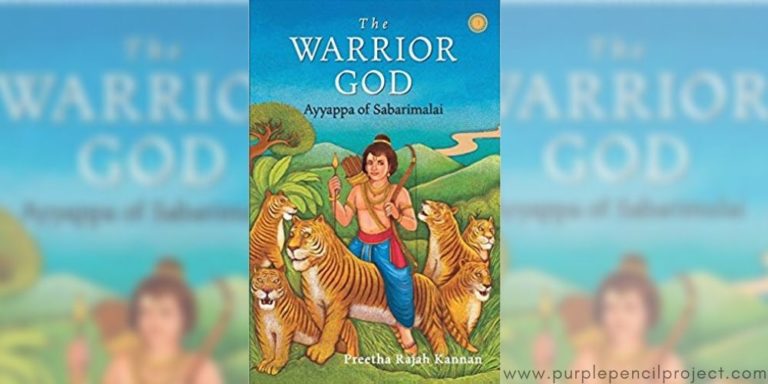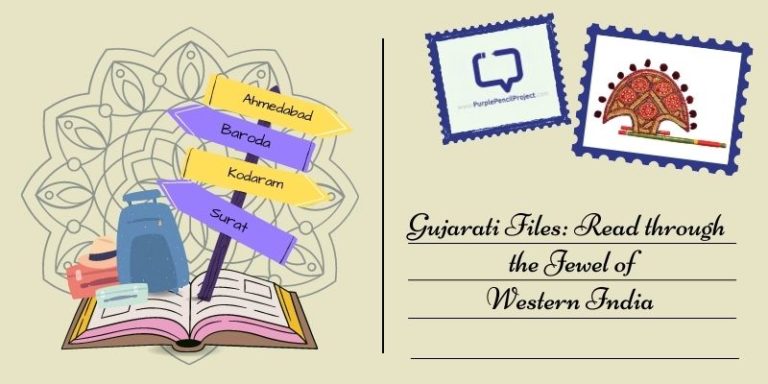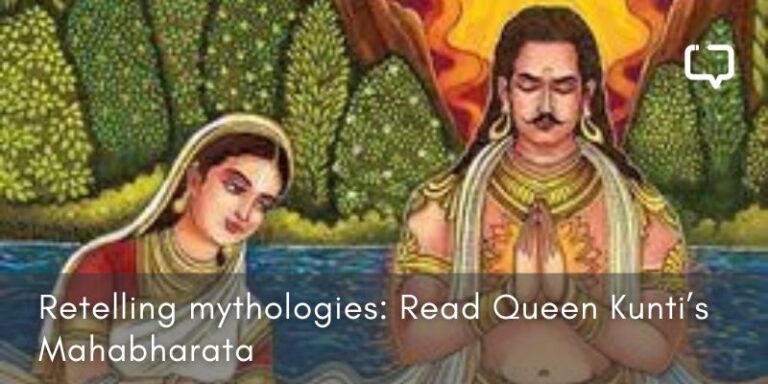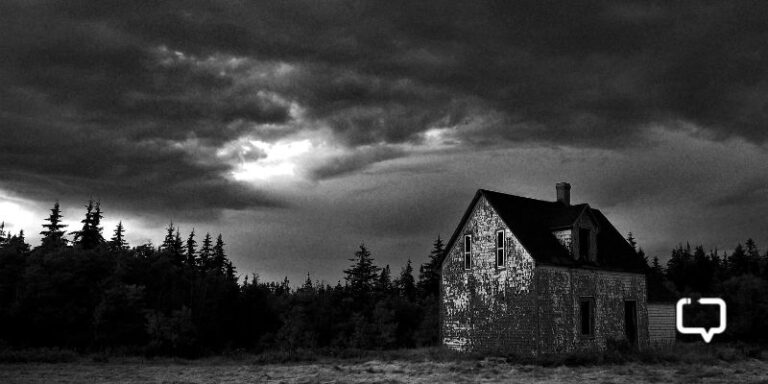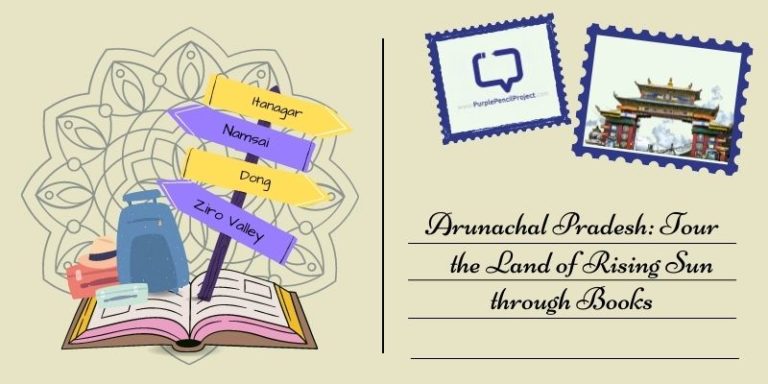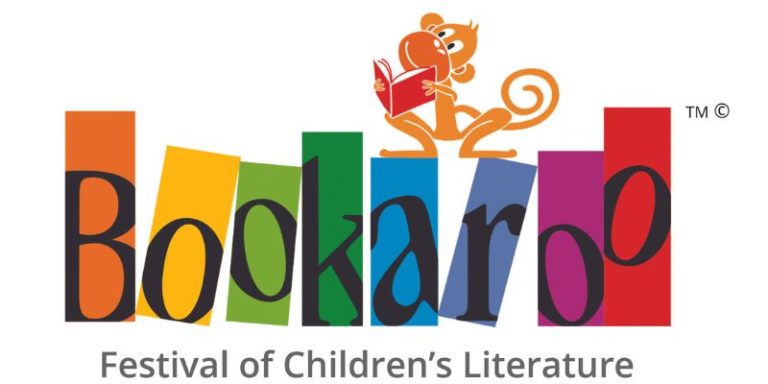Prakruti Maniar reviews Sejal Badani’s The Storyteller’s Secret (Lake Union Publishing)
The Storytellers’ Secret, author Sejal Badani’s second novel, has an incredibly promising and compelling premise. New York-based Jaya, who shares a difficult and estranged relationship with her immigrant mother, finds herself in a very dark place following several miscarriages and the resulting broken marriage with her husband Patrick.
Just when she is looking for an escape, she finds that her grandfather, whom she has never met and with whom her mother shared a difficult, painful relationship, is on his deathbed and has made one final request to see his daughter. Lena, Jaya’s mother, does not go but Jaya, needing a change of scenery, does.
We encourage you to buy books from a local bookstore. If that is not possible, please use the links on the page and support us. Thank you.
The Plot
In her ancestral village in Madhya Pradesh, she meets Ravi her grandmother Amisha’s only and oldest friend in the world, who over many weeks tells the story of her grandmother, a story that will eventually heal the generational trauma that both her mother and she carry, and the stitch up the wounds that unfinished stories leave open.
The narrative switches between two timelines, one is Jaya’s. And the other is the story Ravi tells her, set in pre-Independence India where we are introduced to Amisha, as she struggles with, accepts, and rejects the rigid social customs of the time (early marriage, untouchability), while also trying to pursue her thirst for knowledge; first as a writer of stories, then as an English language student, and teacher, and finally, while fighting feelings for the principal of the British school in the village – Stephen.
The Story
The story is beautifully conceptualized, and it’s even easy to ignore the tropes used – a second-generation immigrant reconnecting with her roots, a historical fiction about a British guy-Indian village girl love story. Amisha and Stephen’s plotline will make fans of romance genuinely hooked and you emote as the writer wants you to emote. Sejal writes well, but it is her craft that needs work. A lot of it.
First and the biggest, it’s the language of representation itself. Badani writes like someone who has never visited India, with a generalization of its geography and culture, and an insecurity of its social history and evils, sprinkled with some poverty porn.
For instance, when Jaya first enters Ravi’s home in a slum-like dwelling, she joins her hands and says, ‘Your home is beautiful.’ Even out of respect, no person would say something that a home is not. This obligation to find beauty even in poverty, is a burden that Indians must bear for their insecurity.
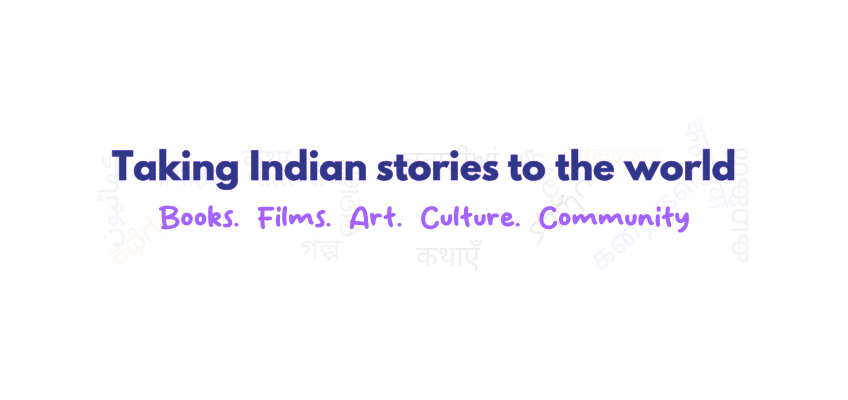
The Writing
Then take the flattening of cultural diversity. Even though the story is set in Madhya Pradesh in two different eras, we never really get a description of a Madhya Pradesh village or culture. Only statements like “Karva Chauth is celebrated by women across the country,” which is not specific, and a harmfully inadequate generalization. It is only celebrated by Hindus across the North and West. Ditto for Holi.
Food is described with that same laziness and lack of details. There are just descriptions of the aromas and the flavours, the quantity of the breakfasts, and the wooden trays they are set on. Anything but the actual names of dishes.
Recommended Reads: A Diaspora Family Novel
Names of the characters tell nothing of their caste (and it was, is, common in the country to have very very indicative names). Jaya immediately adjusts to all the food she eats here, even though the style of preparation would no doubt be unsuitable for an American gut.
The world-building is half-baked and for a story set in the past, this is a huge drawback. None of the characters beyond the immediate cast have any weight, and they appear as mere names or references.
The writing is clunky and performative in parts, but that’s a thing I will overlook – editing is a tiring process and you cannot, no matter how much you want to, snatch every sentence of a story into shape. Mundane and vague paragraphs like these do bring the story down:
“Deepak’s friends were highly educated in comparison to many of the villagers. Some had businesses within the village, while others were entrepreneurs, active with their own ventures. Success was the common thread that connected them.”
– The Storytellers’ Secret by Sejal Badani
The end is neatly tied, and incredibly predictable. The Western gaze on the country is hard to miss, and for that, I give it 2.5 stars. It will keep you hooked, and you will ship one of the two lead couples. But precisely because the book could have been so much better, I cannot be kinder to it.
Best Quote from The Storytellers’ Secret by Sejal Badani
“A mother saw a daughter as a reflection of who she was – a stranger in every home she occupied.”
The Storytellers’ Secret by Sejal Badani
Have you read this endearing tale of love and loss? What do you think of it? Drop a comment below and let us know!
As part of our effort to compensate our writers better, we at Purple Pencil Project have launched the #PayTheWriter initiative, where readers can directly show support and appreciation for our wonderful team.
Scan or upload this image on your UPI app, and show them the love 😀








